The new American cinema began in 1967 with four films that would change the fabric of cinema in the United States with their courage and their artistry. ‘Bonnie and Clyde’, ‘Cool Hand Luke’, ‘The Graduate’ and ‘In Cold Blood’ challenged audiences and critics in a way few films in the decade had, asking them to go on a journey with them, in order to experience something new. The door to explore which had been previously taboo was opened and the artists stormed in. Suddenly, people on screen talked realistically, swearing peppered their language, sexuality was explored, nudity was commonplace, and films began to explore drug use, mental illness, divorce, cultural unrest, urban alienation, Watergate and Vietnam. To quote Bob Dylan, “the times were changin”, and change they did. The studio system fell, young directors suddenly gained control of Hollywood, and exciting new artists emerged each year.
By the end of the decade, the seventies had been declared the most important ten year period in cinema history; the films out of America were hailed around the globe. Through the sixties, universities and colleges were offering courses in film, and many of the major directors to emerge in the seventies had gone through school, while others cut their teeth in TV. Francis Ford Coppola, Martin Scorsese, Brian De Palma, George Lucas, Steven Spielberg, Woody Allen, Sidney Lumet, Alan J. Pakula, Sydney Pollack, William Friedkin, Peter Bogdonavich, and Hal Ashby gave us stunning films through the decade, though many of them would also experience a major box office failure, as the studios allowed these new directors whatever they needed for their films. Many directors from Europe tried their hand at movie making in America; some, like Roman Polanski and Milos Forman, with great success, while others, such as Ingmar Bergman, not so well.
With Marlon Brando and Jane Fonda leading the way, there was a second renaissance in method acting, which saw an explosion of major acting talents. No longer did actors and actresses have to possess model good looks; realism was the new order of the day. Dustin Hoffman, Al Pacino, Jack Nicholson, Ellen Burstyn, Jill Clayburgh, Sally Field, Robert De Niro, Louise Fletcher, Liza Minnelli, Barbra Streisand, Robert Duvall, Bruce Dern and Diane Keaton were among the finest actors of the decade, bringing realism and grittiness to their characterizations. So with all that said now, here’s the list of top ’70s films. You might be able to find some of these best ’70s movies on Netflix, Hulu or Amazon Prime.
20. Woodstock (1970)
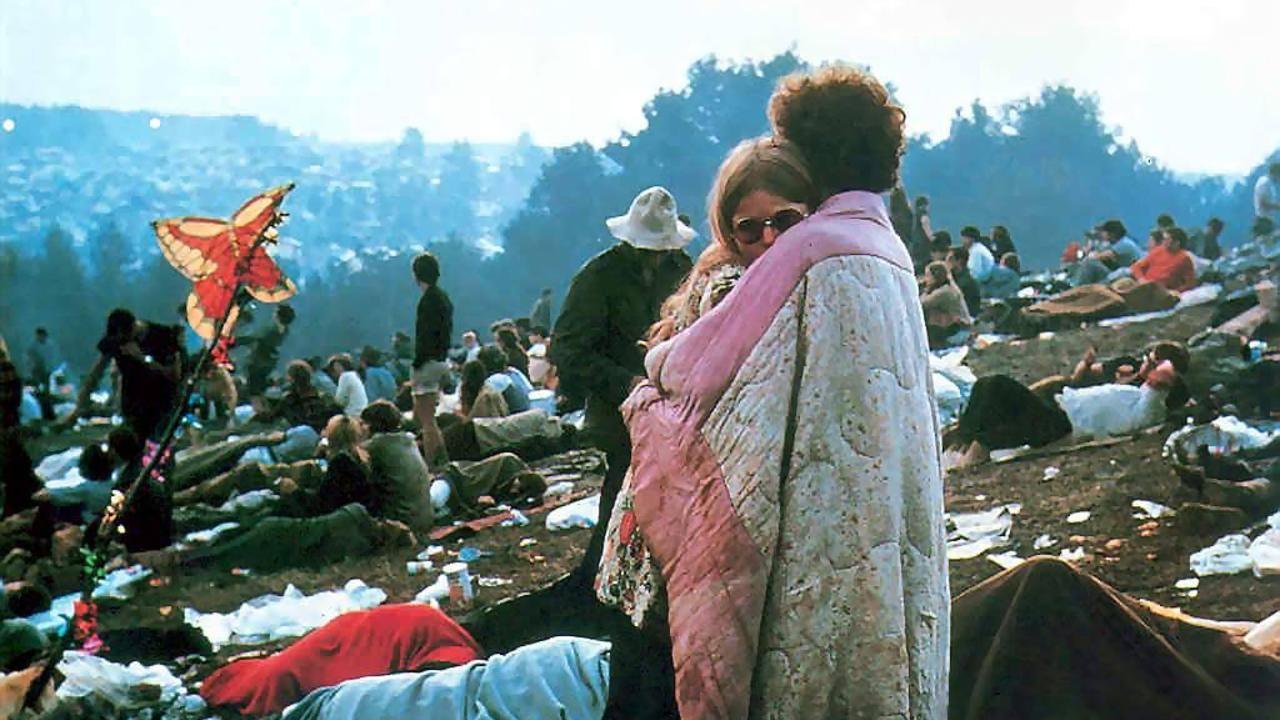
One of the greatest documentaries ever made, this study of the great rock concert in upstate New York on Yasgars farm is a stunning document of history. What was meant to be for perhaps twenty thousand became for more than half a million kids, descending on the small town to watch the greatest collection of rock and roll artists ever play their music in a peaceful demonstration against the war. The cameras catch the acts, but go so much further than that, heading into the crowds to talk to the people who came there to find out why, to the townsfolk who loved the kids and went out of their way to feed the multitudes, to the organizers who could not believe what had happened to their little event. A soaring work of art, capturing the time in history that will never be forgotten.
Read More: Best Movies of 2002
19. Star Wars: Episode IV (1977)
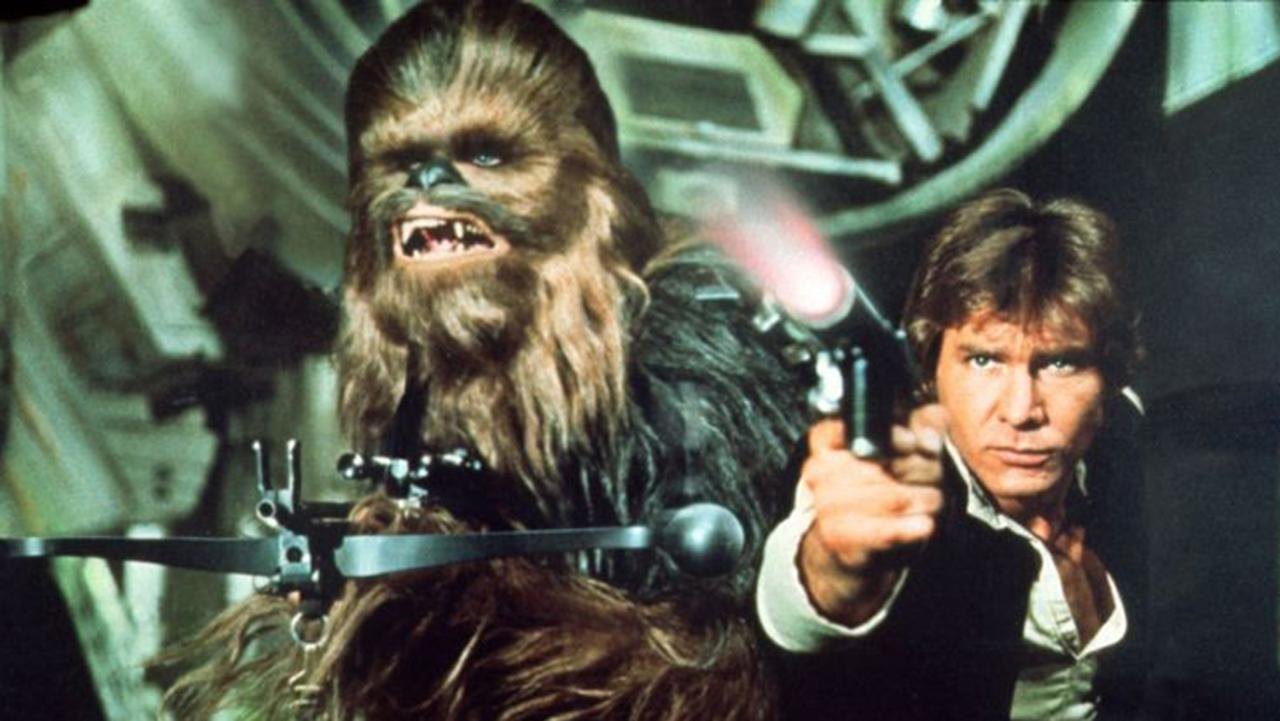
Yep, way down here. I have always believed ‘Close Encounters of the Third Kind’ (1977) to be a better film than this, and frankly, the best of the original trilogy was ‘The Empire Strikes Back’ (1980), but for the sheer impact alone, it has to be here. Set in a galaxy a long time ago, it is a western in space — the good guys, Luke Slywalker and friends versus the bad guys, Darth Vader and his. The effects were groundbreaking at the time but it was the creation of an entirely new galaxy that was so extraordinary and took the audiences’ breath away. From the opening crawl to the final scene reminiscent of a Riefenstahl rally, Lucas told his tale with remarkable confidence and style. Seven Oscars and I cannot fully explain the impact the film had on pop culture. Think about life without the force, light sabers, hyper space, death star, Obi Wan Kanobi, and Darth Vader!
Read More: Best Movies of 1999
18. Dog Day Afternoon (1975)
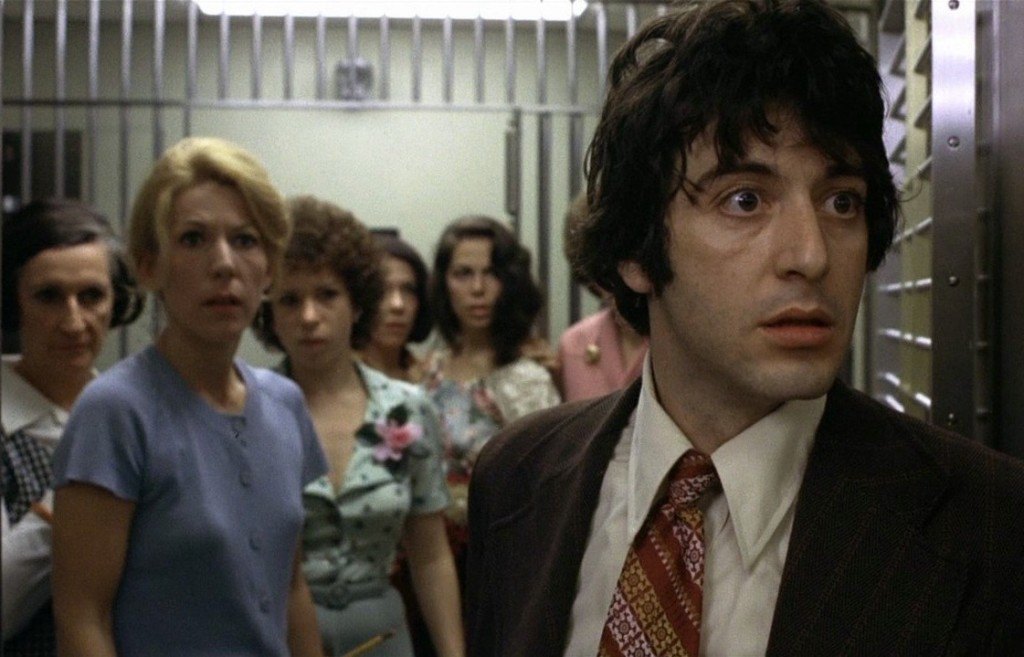
Al Pacino is electrifying as Sonny: a married homosexual who decides to rob a bank in order to pay for his lover’s sex change operation. This black comedy sees the actor give one of the best performances of his career. Nothing goes right for these two robbers, the other portrayed as a sad sack psychopath by the great John Cazale. The money is gone, and the cops figure things out fast. Sonny realizes Sal is dead serious about killing the hostages, and wants the plane they are getting to go to Wyoming. He knows he is in trouble. Sidney Lumet directed the film with his usual detail and power, realizing he has an actor up to giving a stunning performance, and sits back and allows it.
Read More: Best Movies of 2005
17. Black Sunday (1977)
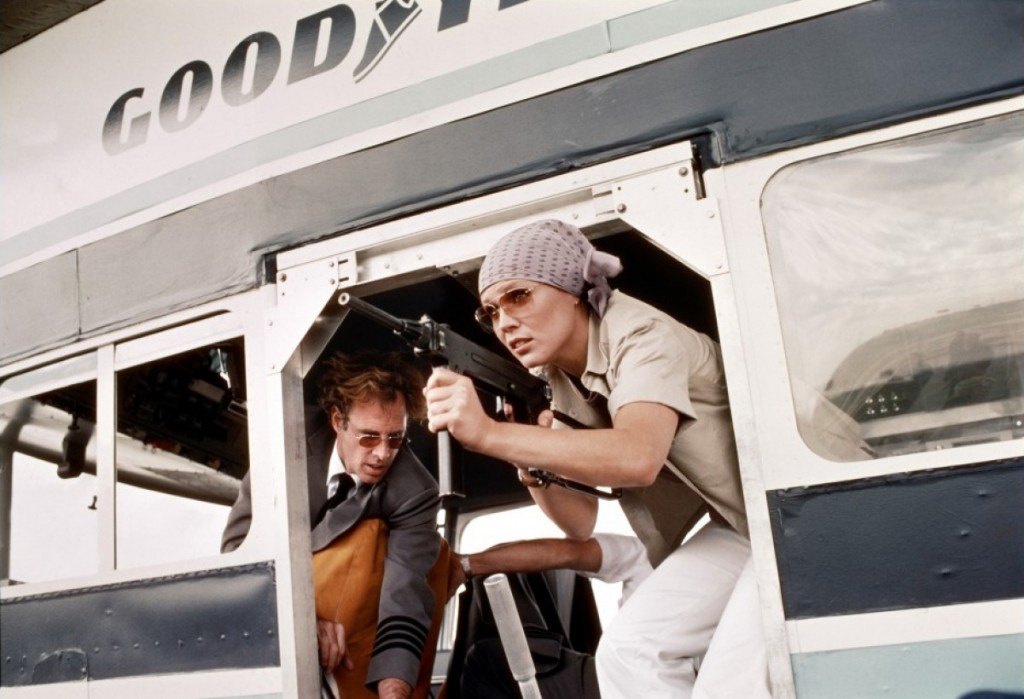
‘Black Sunday’ is the most realistic movie ever made about terrorism. A Middle East terrorist group calling itself Black September has brain washed a Vietnam veteran, a former POW, portrayed with ferocious power by Bruce Dern, into commandeering the Goodyear blimp and blowing up the Superb Bowl. Dern is alternately terrifying and heartbreaking as we see what has destroyed him and angered him. John Frankenheimer directed the film giving it a tight tension. Robert Shaw portrays the Israeli intelligence officer and Marthe Keller plays the terrorist who has recruited Dern. The film is superbly shot and edited like a documentary.
Read More: Best Movies of 2001
16. Jaws (1975)
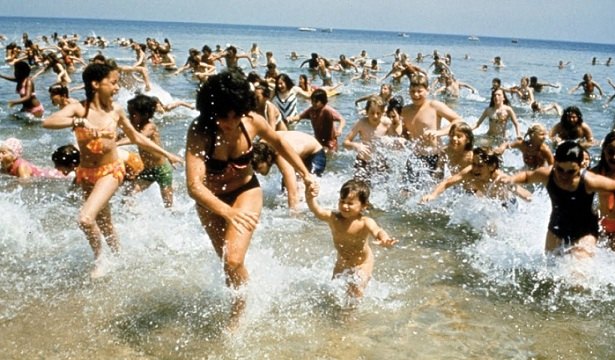
Based on the best-selling novel about a killer white shark feeding on swimmers off the New England coast, director Steven Spielberg made this one of the greatest thrillers ever made and the first summer blockbuster. Though they built three mechanical sharks for the film, they could not use them often as they sunk or did not work, so Spielberg cut around it, showing the attacks from the shark’s point of view, not showing the shark as often the script called for. He was fortunate to get outstanding performances from Roy Schieder, Richard Dreyfuss and best of all, Robert Shaw, who deserved to win the Oscar for supporting actor. ‘Jaws’ is, without a doubt, a true masterpiece of cinema.
Read More: Best Movies of the 1980s
15. Cabaret (1972)
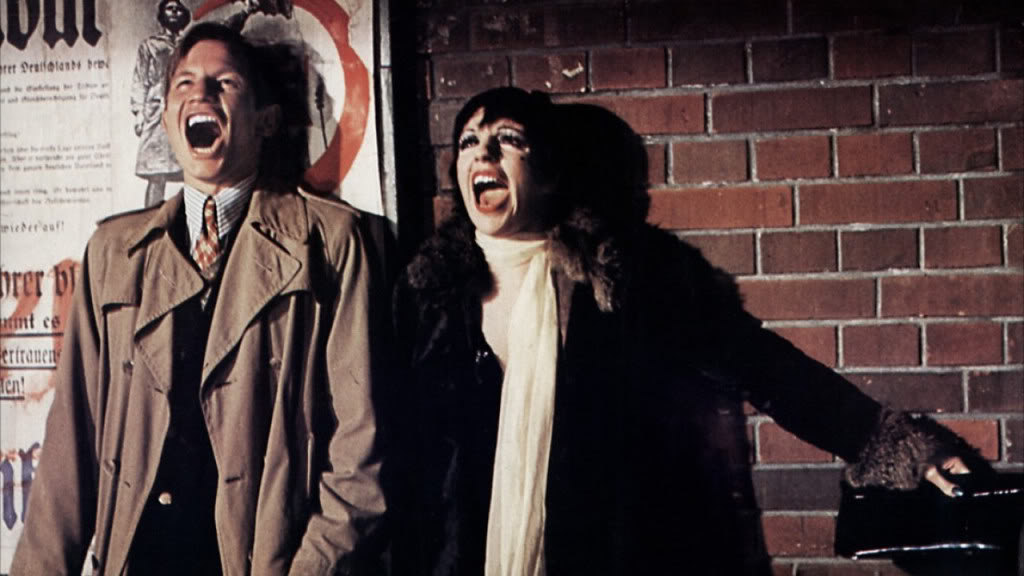
‘Cabaret’ is quite simply the greatest movie musical ever made. It is directed by the great Bob Fosse and acted with startling star power by Liza Minnelli giving the performance of several lifetimes. Set in Berlin 1931, the film explores the relationships between several people transplanted to the city during the rise of Nazism, which is taking place in the background, and eventually the foreground. Minnelli is just extraordinary as a woman who deludes herself and must be the center of attention. Joel Grey is equally superb as the haunting Emcee, who might be a metaphor for the evil Adolf Hitler, and the Nazis. All but two of the songs take place in the seedy Kit Kat Club; the Money song is the most entertaining one of the film while the one in the beer hall is the most haunting.
Read More: Best Movies of 2008
14. Coming Home (1978)
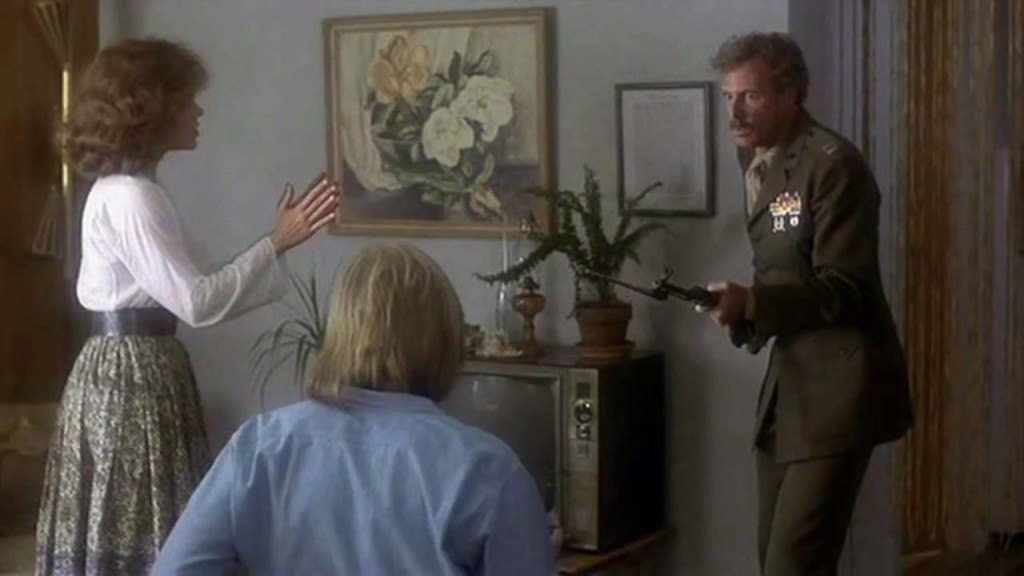
Hal Ashby directed this picture, his best film, about the impact of the Vietnam war on the men and women who experienced it. Two men—Luke (Jon Voight), and Bob (Bruce Dern)—fight the war; Jane Fonda portrays the woman who loves them both. Voight is exceptional as a man left paralyzed from the waist down, angry and raging over the war, who falls for the married Fonda while she is volunteering in a veterans’ hospital. Her husband, Dern, is a hawk, who cannot wait to get to Vietnam but once there, he is betrayed by the war and his country. He later returns home to find his wife too has betrayed him. The performances are superb with Voight and Fonda winning Oscars and Dern deserving of one. His final moments will stay with you long after the credits fade.
Read More: Best Movies of 2010
13. Annie Hall (1977)
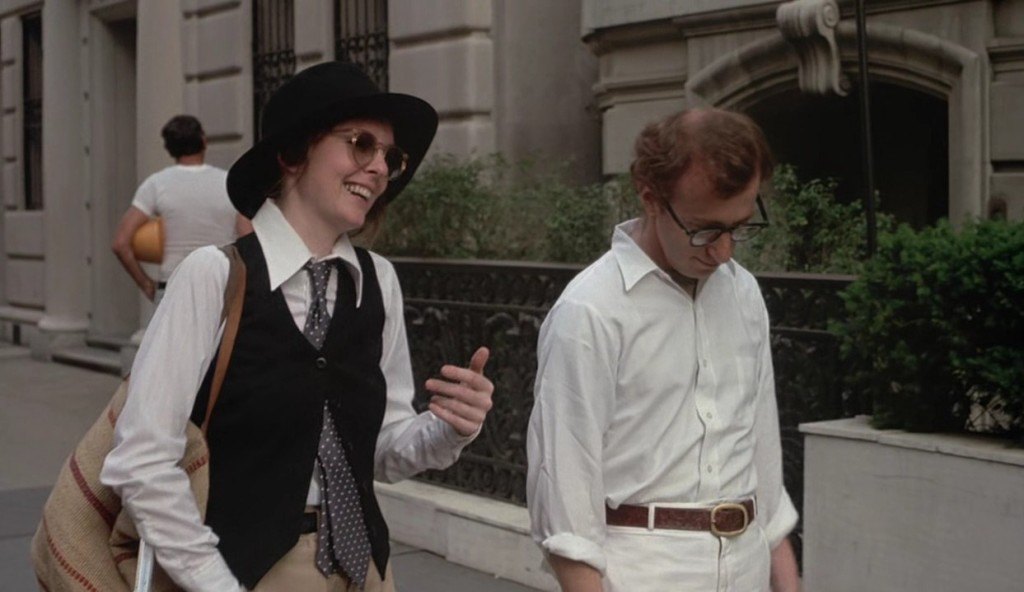
The premise and rules for any Hollywood love story are simple: boy meets girl, boy loses girl, boy gets girl back. Since the thirties, it has been so, and will continue to be. But Woody Allen added a fourth rule in the seventies — boy loses girl forever, and suddenly, love stories became realistic, honest and perfectly powerful. There was a realism about them that had never been there before. ‘Annie Hall’ (1977) draws a great deal from the love affair between Allen and actress Diane Keaton during their years together. The writing is bitingly funny and honest, and the performances, Keaton’s especially, are for the ages.
Read More: Best Movies of 2004
12. American Graffiti (1973)
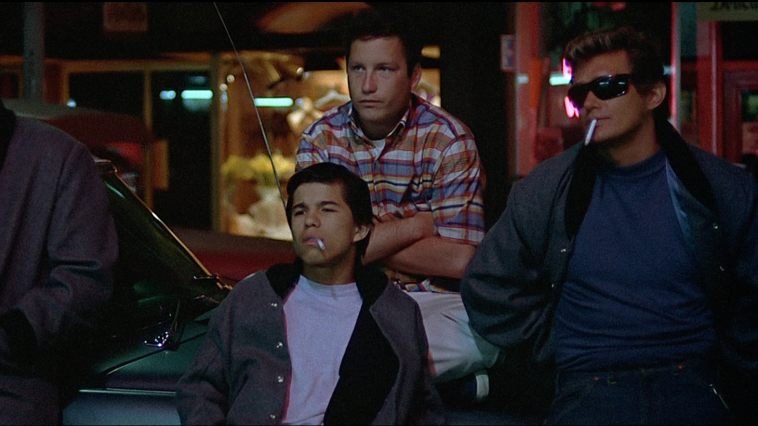
The beauty of this film is that we knew people like the characters in the movie; we were the people in this movie. Finding out their fates before the closing credits is bittersweet and brings a genuine sadness to the film, a loss of innocence. The film is beautifully acted by its young cast, superbly written, directed, and told with truth that was alarming. Richard Dreyfuss, Candy Clark, Paul LeMat, Ron Howard, Cindy Williams, Charlie Martin Smith and MacKenzie Phillips are excellent in every aspect. And that score, the rock and roll of the time, Buddy Holly, Beach Boys…sweeps you back at once to a kinder, gentler world. Anyone who grew up in a small town with a main street would be swept back to a time when the kids cruised with windows down and music blaring, filling the streets with rock and roll.
Read More: Best Movies of 2009
11. Close Encounters of the Third Kind (1977)
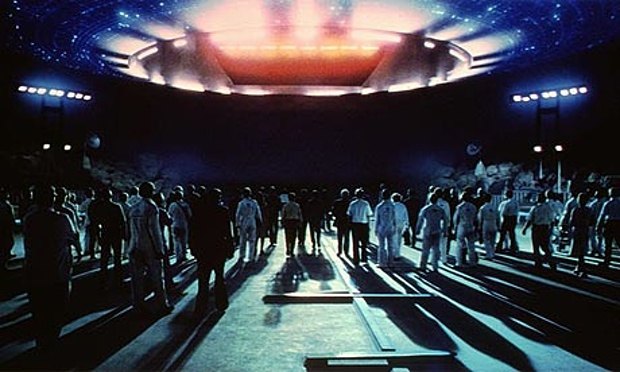
In so many films, aliens come to earth to wipe out humanity. Steven Spielberg’s masterful film is a love letter to the possibility of unknown. The movie is beautifully acted, directed, and shot, with remarkably real visual effects. Richard Dreyfuss is a perfect everyman who is inexplicably drawn to the meeting and does not know why. The smile between mankind and the tiny alien is haunting and beautiful. I remember leaving the film in tears. I hope with all my being if this is ever to happen, it happens like this, with love, peace and wonder.
Read More: Best Movies of 2006
10. Network (1976)
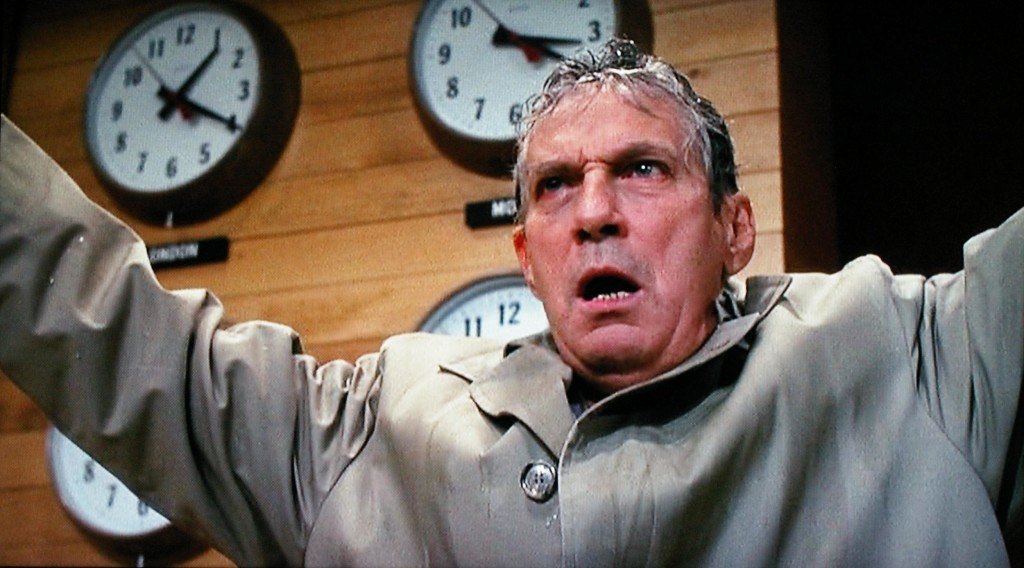
A devastating black comedy satire about the state of television but also about what television would become. How could they have known that the sort of reality programming they explore in this film would become the television of the 2000s?! Sidney Lumet directs this powerful film about an anchor who loses his mind on air and rather than getting him help, the network uses his madness and creates a hit TV show. Believing himself to be the hand of God, he offends many groups before being taken out on live TV for a hell of a rating. Peter Finch is terrific as the mad as hell TV anchor, but the film belongs to William Holden and Faye Dunaway as lovers at odds with the news department.
Read More: Best Movies of 1997
9. Manhattan (1979)
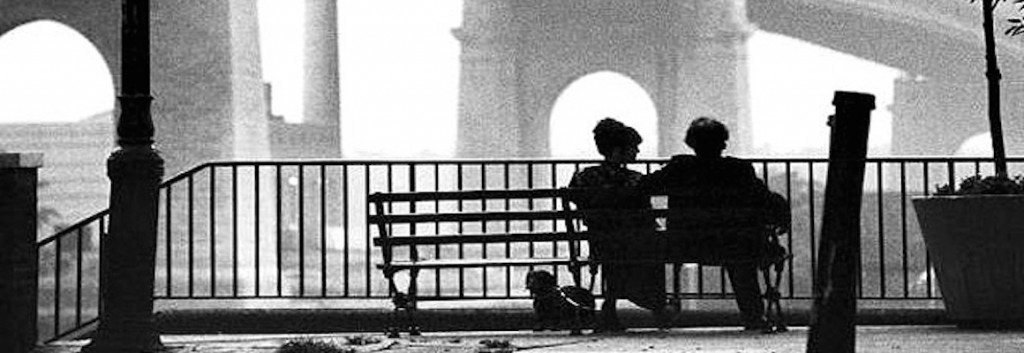
Many Allen purists will disagree if I say that this film is better than Annie Hall (1977) and I understand; but I think the extra years as a director gave Allen a greater command of the medium. He was just a more confident filmmaker, and a better actor. Allen portrays a writer who is having an affair with a seventeen year old high school student wise beyond her years, portrayed by Mariel Hemingway. He ends it with her to take up with Mary (Diane Keaton) who he believes is his soulmate, though we in the audience know his soul mate is the younger girl. Shot in black and white which romanticizes New York City, and superbly acted, ‘Manhattan’ is, in my humble opinion, Woody Allen’s greatest work.
Read More: Best Movies of 1995
8. Chinatown (1974)
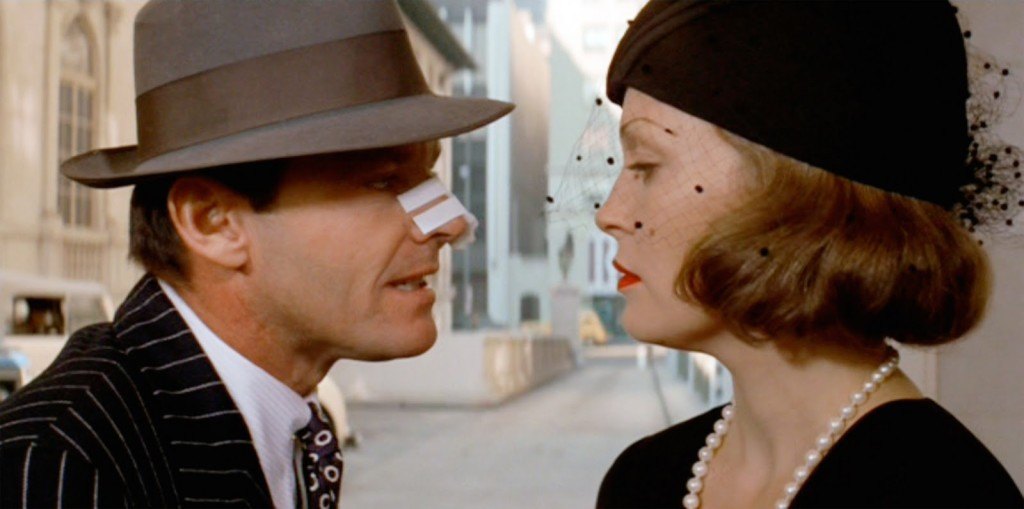
Possibly the greatest film noir ever made. A twisting, turning film in which we cannot possibly guess what is going to happen, Roman Polanski directs Robert Towne’s impeccable script with remarkable confidence. Jack Nicholson is the private eye, Faye Dunaway the femme fatale (though also a victim) and John Huston the villain, and a more disgusting villain the seventies never knew. Nicholson is pulled deeper into a nightmare of murder and incest, realizing before it is too late that the people he cares about are going to die and he’d remain helpless. The script is the star of the show, and elements of it will haunt you long after the final scene.
Read More: Best Movies of 1991
7. All the President’s Men (1976)
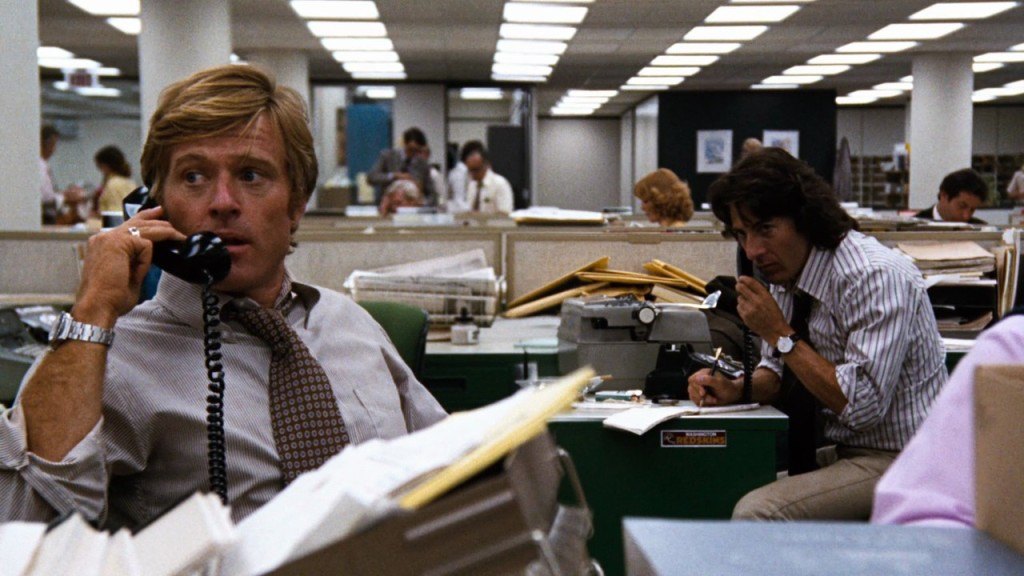
The amount of information in this film, adapted by William Goldman from the best selling book, is remarkable as the writer makes sense of Watergate, starting at the very beginning and moving through, seeing the writers create the articles that will bring down a presidency. Alan J. Pakula directed the film like a suspense thriller, the perfect tone for the film, drawing top notch performances from Robert Redford and Dustin Hoffman as the reporters and best of all, Jason Robards as Ben Bradlee. It should have won Best Picture and remains one of the greatest films about reporting ever made.
Read More: Best Movies of 1992
6. One Flew Over the Cuckoo’s Nest (1975)
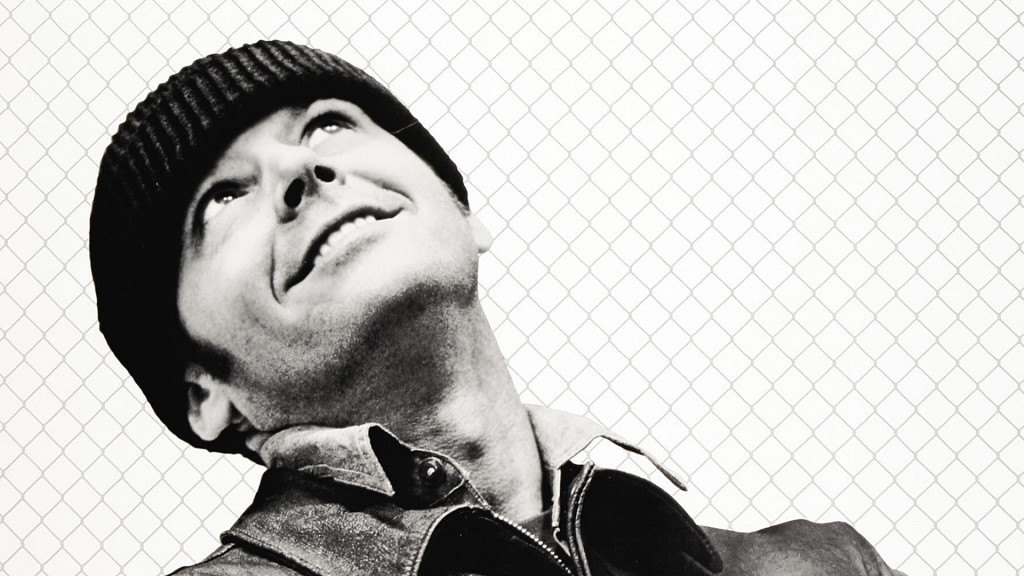
Based on Ken Kesey’s groundbreaking novel, Czech director Milos Forman was given the job to bring to the picture a documentary style look and feel, which producer Michael Douglas felt was essential for the film. Jack Nicholson gives a breathtaking performance as a rebel committed to a mental hospital and becomes the leader of the men, pitting them against the controlling dangerous nurse, who is more lethal than he can possibly imagine. Nicholson will break your heart yet fill your eyes with tears of laughter and joy and finally despair in the best performance of his career. The supporting cast is filled with actors who would go on to become fine character actors including Danny DeVito, Christopher Lloyd and Brad Dourif. Astounding.
Read More: Best Movies of the 2010s
5. A Clockwork Orange (1971)
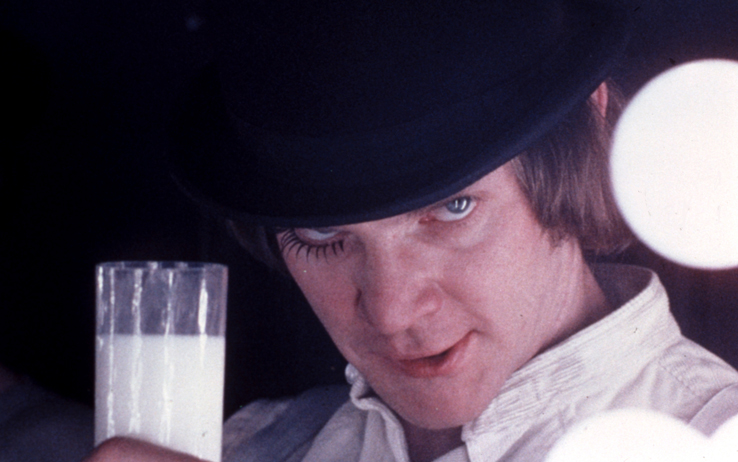
What makes this such a remarkable work is that today, forty-eight years later, it still looks futuristic, and the future created within the film looks possible!! Malcolm McDowell gives a jaunty, upbeat performance as a pure sociopath, the leader of the Droogs, a gang who rape and pillage during the night hours. Stanley Kubrick daringly made this picture in the early seventies; the sex and violence among the most shocking on film at that time, earning the movie an X rating. And dark it is, yet there are moments you cannot tear your eyes off. For me, this is the darkest film of his career, and the best of 1971. What shocks you while watching the film is that you cannot help but feel for the monster Alex, or even like and pity him, despite his actions.
Read More: Best Movies of 1985
4. Taxi Driver (1976)
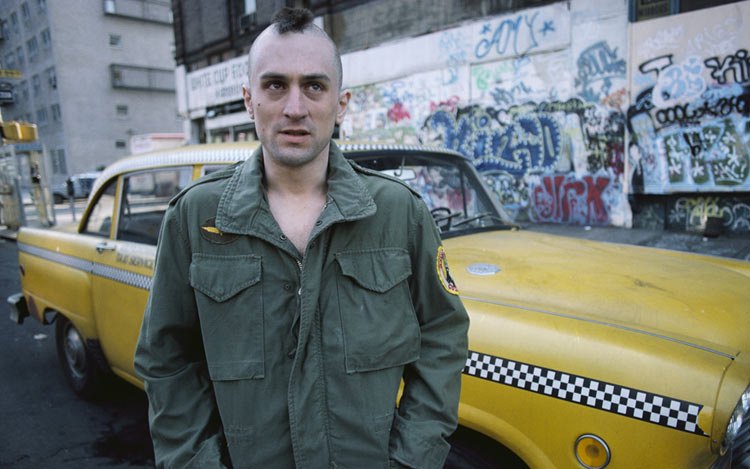
Robert De Niro gives a seething, incredibly focused performance as a former Vietnam veteran now prowling the streets of New York City in the seventies as a late night cabbie, his mind slowly being eroded by the filth he sees around him. Like a ticking time bomb we know he is going to go off but we do not know when or really know what it will be that sets him off. Scorsese created a dark masterpiece, his camera right down on the streets of the city with its character seeing the hell he sees, the very hell building his rage. The opening shot, with steam rising from the sewer grates, suggests that hell is bubbling just beneath the city. Jodie Foster is superb as a teenage prostitute and Harvey Keitel all sleazy charm, suddenly erupting to violence when crossed. De Niro was truly astounding.
Read More: Best Movies of 1998
3. The Godfather (1972)
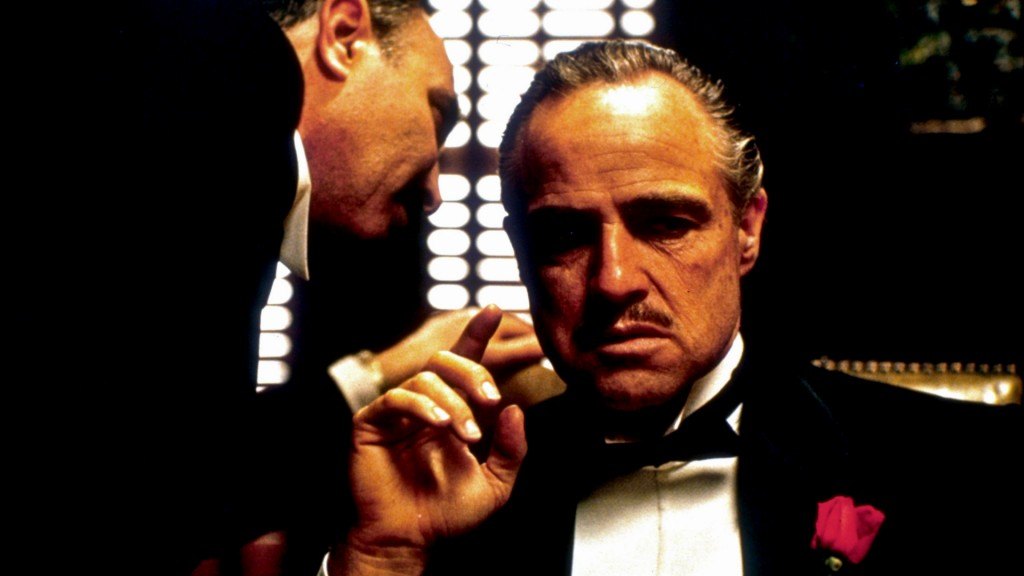
Hailed upon release as the finest work since ‘Citizen Kane’ (1941), ‘The Godfather’ explores a father and his sons, and the mafia of the forties. In the immediate years after the war, the Corleone family is among the most powerful crime organization in New York, but there are others moving in. When the Don (Brando) is shot but survives, war is declared and many deaths are racked up including the Don’s son Santino (James Caan), the hot-headed eldest.
The film is a superb study of the American dream turned perverse; about a crime family making their wealth through criminal activity and a father’s loyalty to his sons. Though Brando got the most attention and the Oscar, it is Pacino who shines brightest as Michael Corleone, the son who wanted nothing to do with the family, but is drawn in and becomes a lethal Don. Robert Duvall, John Cazale, and Diane Keaton are all superb in this excellent ensemble.
Read More: Best Movies of 1981
2. Apocalypse Now (1979)
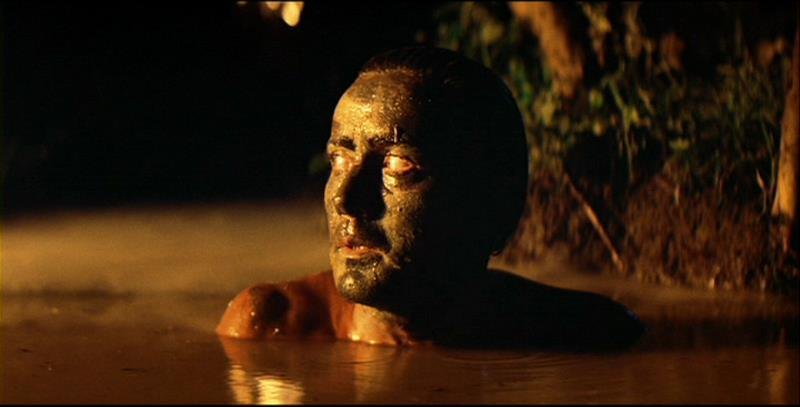
‘Apocalypse Now’ is the finest film made about the war in Vietnam and the madness that seeped into the young men fighting the war. Coppola threw himself into the making of this masterpiece and allowed audiences to be hurtled into Vietnam and experience the nightmare it truly was. An American Captain (Martin Sheen) is sent into Cambodia to assassinate a Colonel who has gone insane and is fighting his own war. Along the way, on his journey, the more he learns about Kurtz (Brando), the more he believes in what he has done, and does not think of him as a mad man at all. The film is so good in so many ways it almost does not recover from the sequence where surfing enthusiast Colonel Kilgore (Robert Duvall) bombs a whole village. Sheen will haunt the landscape of your mind, Brando is heartbreaking and Duvall frightening. The cinematography is among the finest ever put on film. Genius.
Read More: Best Movies of 1995
1. The Godfather Part II (1974)
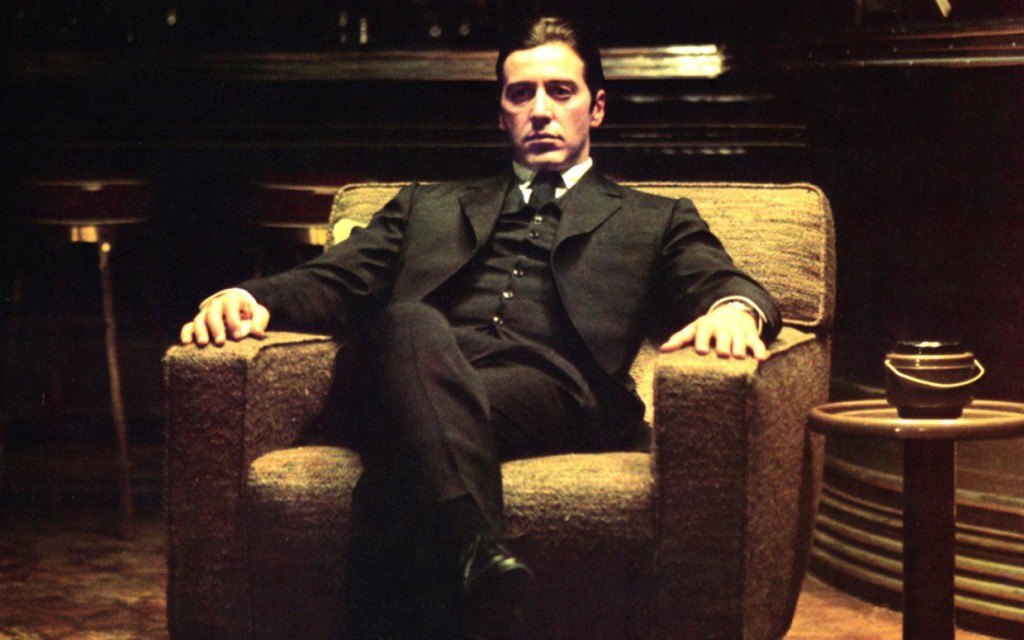
Incredibly, Coppola made a more complex, deeper, darker and richer film than the first, though they really work together as two films, with the first ‘Godfather’ being the middle film. For Part II, Coppola, using a broken narrative, moved easily back and forth through time, showing us how Vito (Robert De Niro) rose to power in the Little Italy at the turn of the 20th century, and then to the fifties to continue the life of Michael (Al Pacino) solidifying his status as the most powerful gangster in America. With no intention of becoming legal, Michael again casually wipes out his enemies, but is stunned to learn a traitor is among his family and he is forced to deal with that too.
Above all, the film explores how absolute power corrupts absolutely; there is no escape from it happening. Pacino gives the best performance of his career, perfect as Michael, his very presence suggesting danger and menace, while De Niro perfectly captures the essence of Brando in his young avatar, moving the same, sounding the same. There are brilliant performances from Robert Duvall, John Cazale, Diane Keaton, Talia Shire, Lee Strasberg, and Michael V. Gazzo. The film received eleven Academy Award nominations, and won six, including Best Film; while Coppola won for Best Director. His direction is bold and confident, perfect in any way. The greatest film of the decade, and arguably, the greatest film of all time.
Read More: Best Movies of the 21st Century

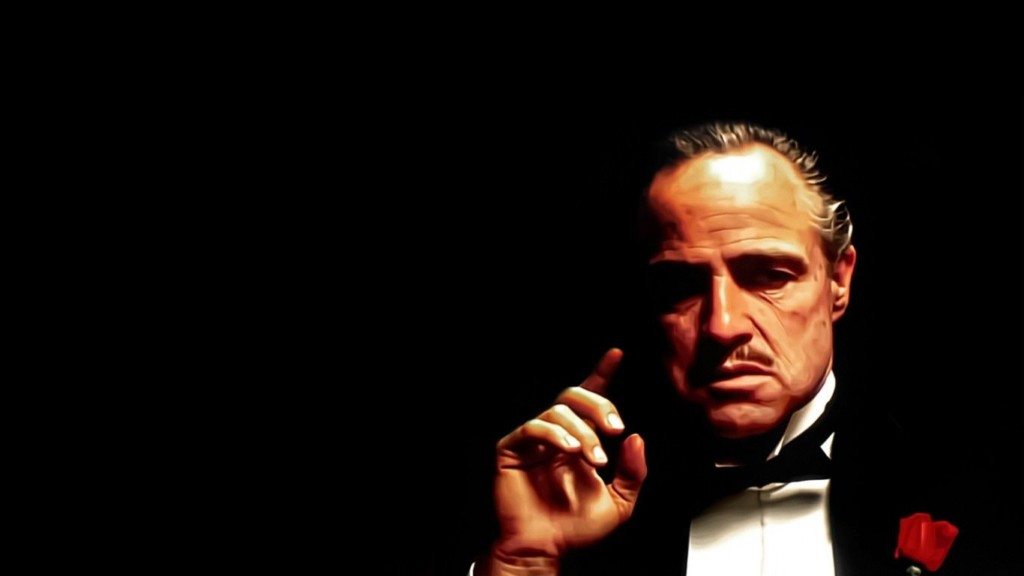
You must be logged in to post a comment.